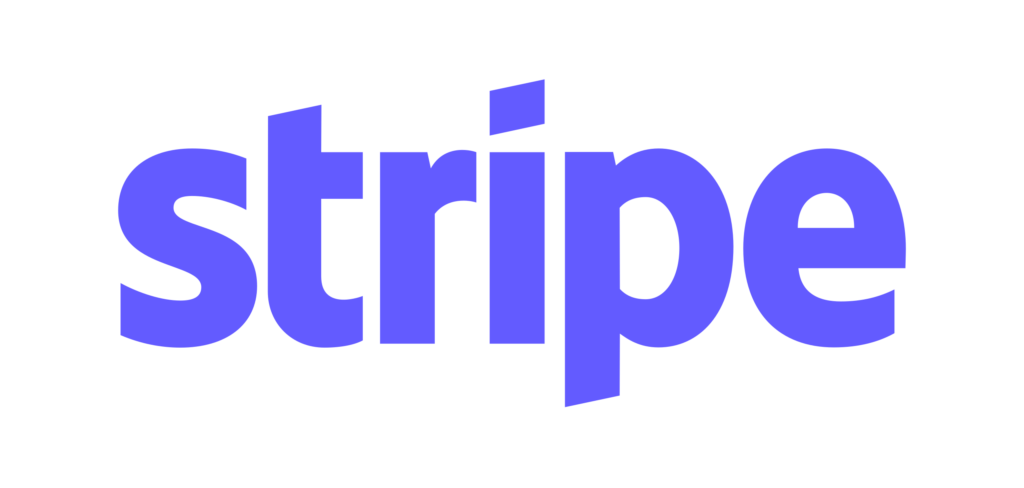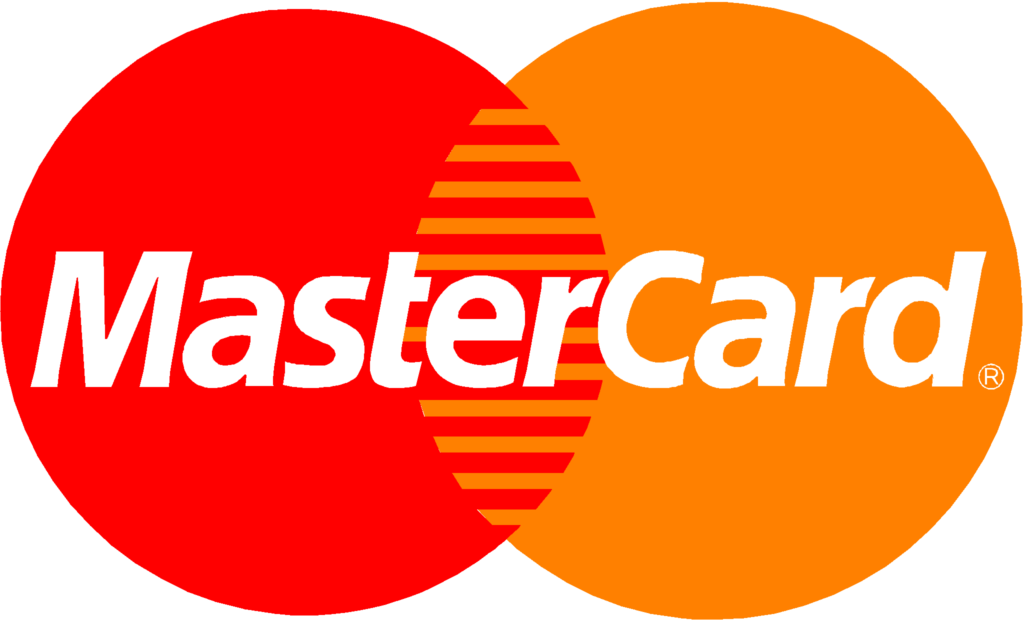Do you know the game “30 seconds”? With this party game, you try to explain a word within 30 seconds without mentioning its word. You use familiar words that have a strong relationship with the subject.
Keep this in mind for a moment.
LSI literally stands for Latent Semantic Indexing. It is a topic that has created a stir in the SEO world. So much so that some SEOs don’t take you seriously anymore when you use the word.
That is a bit of a shame because those people probably use the same principle hidden under a different name.

One of the best-known opponents of the use of the term LSI keywords is Bill Slawsky. In 2018, when the LSI principle reached its peak in the number of discussions, he wrote a blog about it. In it, he goes deeper into the principle of LSI and why Google does not use it.
Just for your information: Bill Slawski is mainly known in the SEO world for his knowledge of Google patents. He is one of the few who immerses himself in Google patents and regularly writes his vision about them. He mainly does this on his website seobythesea.com
The reason why Bill Slawski comes to the conclusion that Google does not use LSI keywords mainly has to do with the origin of LSI. LSI is a technique that was used before Google existed. But is that so important?
Only if there is no better term.
In this blog opening, I said that there had been many discussions about the term LSI keywords. I have to admit that it may not be the correct name, but there is no consensus on a better name yet. Officially it will never be because there is an awful lot of homemade jargon in the SEO world. And even in the cases where we as SEO specialists use the same word, the meaning can differ.
If we translate the Spanish term into English and look at its meaning, we come to an interesting conclusion. The word latent is difficult to explain and translate well, but it has to do with something hidden or not yet active.
Semantic has to do with the relationship or connection between certain words.
Indexing is really nothing more than putting documents in order. Just think of a book where the table of contents (index) of a book shows all chapters in sequence.
Therefore, LSI keywords can be described with words that have a connection with the most important keyword. They are words that can come up in a conversation when you are talking about a particular topic. In the training courses that I followed, I often got the example of the kitchen. When talking about the kitchen, you may use words such as cooking, baking, pans, microwave, oven, sink, refrigerator, extractor, etc. These are not synonyms of the keyword, but words with a strong relationship and relevance to the topic.
Do you know why I started this blog with the “30 seconds game”?
With that game, you also use words that have a strong connection with the subject, without mentioning the name of the person, place, or device. So it is very similar to the meaning that I, and many with me, give to the word LSI Keyword. It may not be the official term Google uses internally when indexing pages; the principle is clear.
Which words relate to the subject?
For example, if you write about Physiotherapy, you can talk about pain, burden, neck, practice, dry needling.
For example, if you write about a construction company, you can talk about remodeling, carpentry, bricklaying, contractor, construction site, new construction, renovation.
Just sit down and think about what other keywords you can use.
I always recommend checking out the competitors. Knowing who the competition is for a keyword is crucial. You have to know who your ‘opponents’ are in the search results. If you don’t know who your competitors are, don’t even start optimizing for a keyword. All that aside. You just visit their website and see what relevant words they use. Often you can see which topics they highlight by the subheadings on the page. Write these words down and use them in your text.
The easiest way is, of course, to just swing a tool. The tools for this are Ahrefs and SemRush. It displays this as relevant words / LSI keywords. Of course, not all LSI words occur here, but only those that most of the competitors also use. If one competitor uses a relevant word, but the rest does not, it may be that this word does not appear in the list.
The tool I sometimes use myself is Content Optimizer from Cognitive SEO. There you can test your content for semantic keywords and provide all kinds of relevant words that you can add to your text. The more tools you use, the more you will learn about possible keywords. The tool is free for five revisions per day. This is not enough I have to say, but better than nothing.
I would almost say that this tool works better than any other free tool.
They just show a few supplemented keywords that Google Autocomplete or Google Ads Keyword planner uses.
Whether your relevant words are LSI keywords, Vectors, NLP, Entities, or whatever, the point is that Google understands the subject of your page and can assign a score to it.
If you’d like to boost your SEO rankings, drive more traffic & land more customers with link building. please book in a call below.
Does your digital marketing agency guarantee growth?
Our full-service digital marketing agency in Australia is looking forward to getting your brand awareness shouting out loud. Don’t watch your competitors rise up the Google ranks instead claim your customers.








© 2022 All Rights Reserved by searchcombat.com
© 2022 All Rights Reserved.